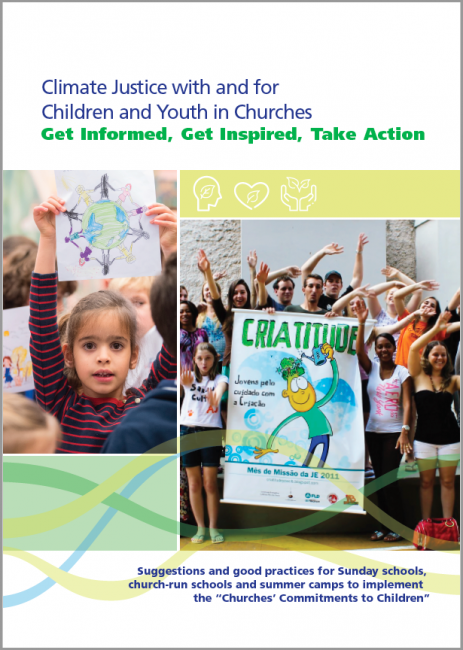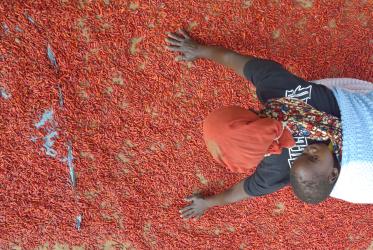Displaying 1 - 20 of 53
Um Guia para as Igrejas sobre a Prevenção da Fístula Obstétrica
16 January 2024
A Guide for Churches on the Prevention of Obstetric Fistula
26 October 2023
Llamados a la -Transformación Diaconía ecuménica
24 June 2023
Appelés à la Transformation - Diaconie oecuménique
24 June 2023
Zur Verwandlung aufgerufen Ökumenische Diakonie
15 February 2023
Climate Justice with and for Children and Youth in Churches
Get Informed, Get Inspired, Take Action
09 November 2022
Climate Justice with and for Children and Youth in Churches
Get Informed, Get Inspired, Take Action
09 November 2022
Walk the Talk
A Toolkit to Accompany the "Roadmap for Congregations, Communities and Churches for an Economy of Life and Ecological Justice"
09 November 2022
Walk the Talk
A Toolkit to Accompany the "Roadmap for Congregations, Communities and Churches for an Economy of Life and Ecological Justice"
09 November 2022
Strengthening Christian Perspectives on Human Dignity and Human Rights
Perspectives from an International Consultative Process
19 August 2022
Called to Transformation - Ecumenical Diakonia
09 June 2022






